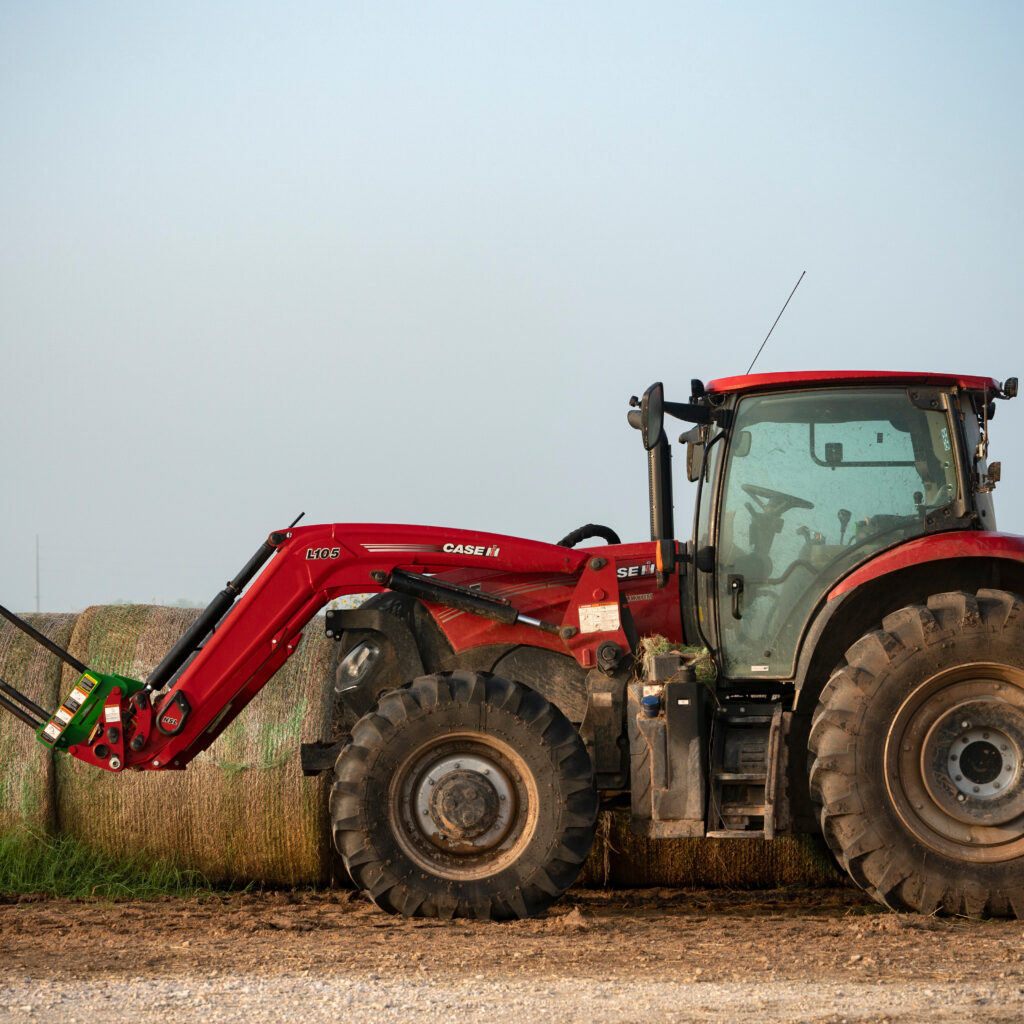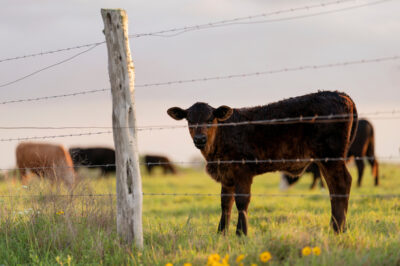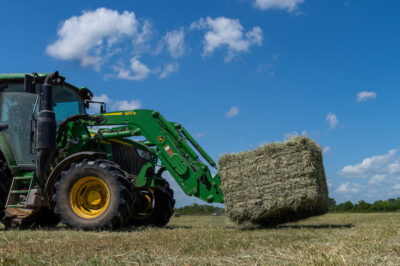Agricultural Safety and Health
- Type
- Program

Overview
Agricultural Safety and Health Program addresses farm machinery safety, safe handling of agrochemicals, and topics related to safety in farm, ranch, and rural settings.
Contact
Dana Porter
Professor, Extension Program Leader and Associate Department Head
(806) 777-9860
1102 E. Drew St. Lubbock, TX 79403
By appointment
Agricultural Safety and Health Program addresses a variety of topics, including farm machinery safety (including tractor safety), safe handling of agrochemicals, and other topics related to safety in farm, ranch, and rural settings.
Agriculture is among the most hazardous industries, according to the National Institute for Occupational Safety and Health (NIOSH). The agriculture sector reports the highest death rate per 100,000 workers, and second highest rate of non-fatal injuries (behind transportation and warehousing). In addition to medical costs, lost productivity, lost income, increased insurance costs and related tangible costs, injuries and fatalities result in many intangible impacts on families and communities.
Texas is among the highest states in the number of farms, total land in farms and livestock commodity sales. Injuries and deaths of Texas farmers and ranchers including family members and children are significant. Transportation incidents, which include tractor overturns have been the leading cause of death of farm workers and youth for many years.
In the past, Texas A&M AgriLife Extension and the Department of Biological and Agricultural Engineering had an active Program and Extension Specialist position dedicated to agricultural safety, and many of the resources listed on this page are legacy resources or materials developed, updated, and/or maintained by other BAEN Extension Specialists and Program Specialists to address program needs. All BAEN Extension faculty address safety issues associated with subject matter expertise, and we engage other BAEN faculty as appropriate to address subject matter programming.
Traditional and emerging stakeholders include crop producers, livestock producers, workers in agricultural storage and processing facilities and associated transportation (cotton gins, grain elevators, forest products, energy), and new landowners, as well as safety professionals, owner/operators, managers, farm workers, and skilled and unskilled laborers. Safety issues in agricultural environments include agricultural machinery/mechanical systems, electricity/power systems, product storage and handling facilities, and livestock facilities; hazards associated with these systems include entrapments, entanglements, acute and chronic respiratory and chemical exposures, biohazards, electrocutions, tractor rollovers, and many others.
More choices in Ag Law, Taxes & Insurance
The Texas Ag Law Blog’s goal is to keep you up to date on various legal issues impacting Texas agriculture.

- Program
The Master Marketer program is a 64-hour intensive marketing education course during which agricultural producers, ag lenders, and others are trained in marketing techniques, marketing plans, technical analysis, futures and options, and many other marketing related skills.
- Program
The Agricultural and Food Policy Center (AFPC) conducts analyses of the impacts of government policy proposals and/or implementation procedures on farmers, agribusinesses, taxpayers, and consumers.
- Podcast
Agricultural Policy Specialist Dr. Joe Outlaw and colleagues from the Agricultural and Food Policy Center provide periodic updates on current agricultural policy issues.

- Tools and Apps
Texas A&M University’s Agricultural and Food Policy Center located within the Department of Agricultural Economics and the Food and Agricultural Policy Research Institute (FAPRI) at the University of Missouri teamed up to develop the tool. The tool provides information about: the decisions each producer and/or landowner must make when the different sign-up windows are for […]
- Program
The Bennett Land Stewardship program funds conferences about land management in the Edwards Plateau, covering issues such as brush control, water management and estate planning.


